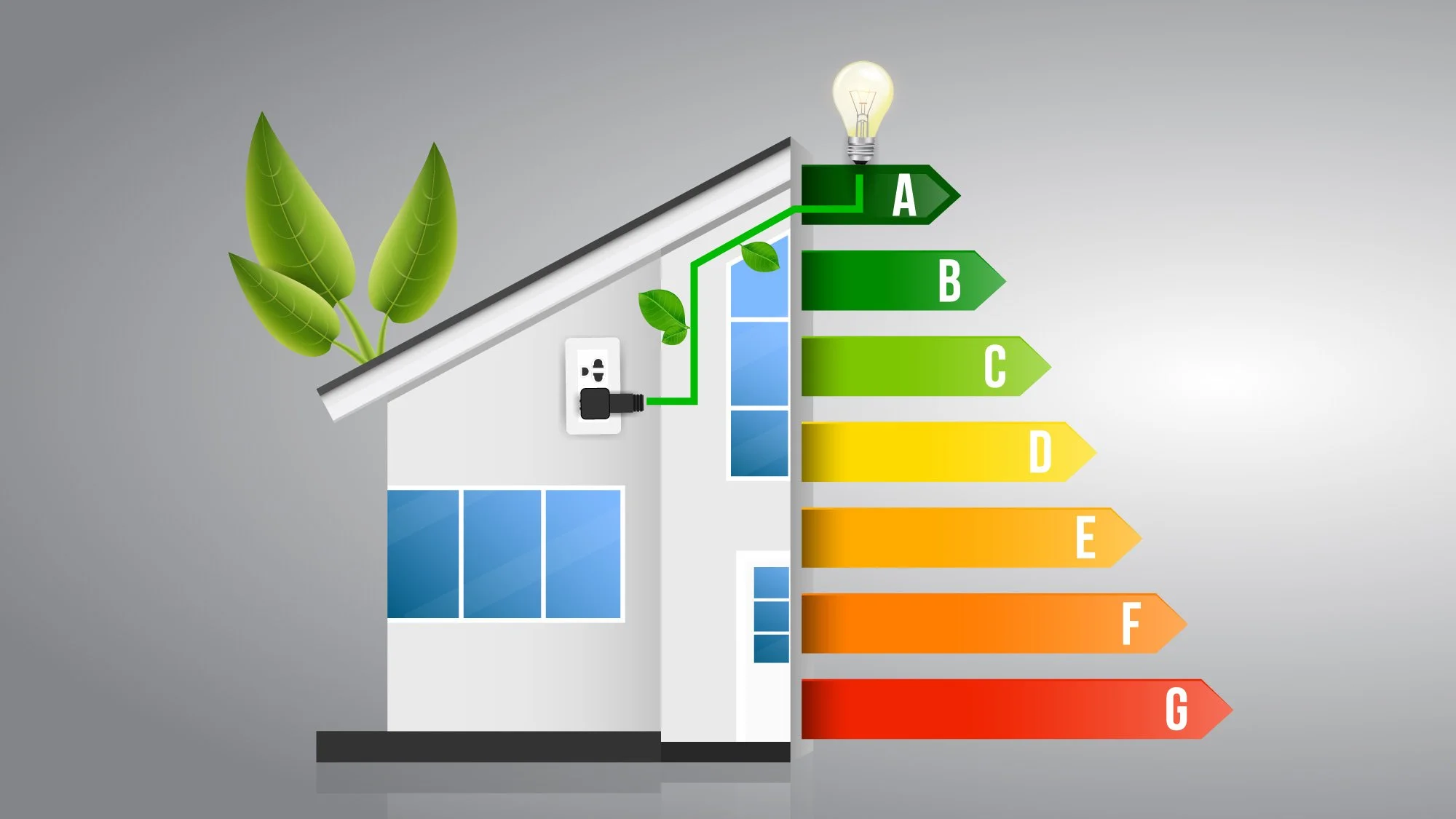Household Energy Savings Program
Queensland residents are set to reap the rewards of the $60 million household energy savings program, aimed at fostering the adoption of energy-efficient practices and providing guidance on appliances and household batteries.
The inaugural step under this program is the launch of the Climate Smart Energy Savers appliance rebate. Starting on September 4, 2023, eligible homeowners who opt for energy-efficient appliances rated 4 stars or higher can claim rebates of up to $1,000.
A separate $10 million initiative is dedicated to aiding financially vulnerable households in cutting down their electricity expenses. This effort involves collaborating with non-governmental organizations to enhance access to energy efficiency advice and devices. The focus will be on assisting Queenslanders facing vulnerability and those with limited involvement in the energy sector, such as renters.
This allocation of funds will not only alleviate financial burdens on households but also introduce a wider array of options and enhance fairness in energy distribution.
Rebates The standard rebate will be available to all eligible Queensland households, with higher rebates for low-income households. Rebates paid will be based on the appliance purchased and installed. Applicant eligibility criteria will be available when the program opens
Energy savings and reduced carbon emissions By upgrading appliances, households will save on electricity and reduce carbon emissions
What aircon do I need?
Choosing the right aircon requires some calculations - we can do this for you. These factors greatly affect your air conditioning unit size. For precise estimates using a size calculator, input these details:
Room Size: Length, width, and ceiling height matter. High ceilings mean more cooling energy needed.
Insulation: Check ceilings, walls, and surroundings. Ceiling insulation boosts thermal efficiency.
Location: Where you are matters. A room in Darwin needs more cooling power than Hobart.
Orientation: Room direction counts. North/west-facing windows trap heat, while shaded south-facing ones stay cooler.
What hot water system do I need?
Typically, one person uses around 50L of hot water daily – more with long showers or frequent warm/hot water washing.
How many residents in your home?
Shower/bath times: mornings, evenings, both? Frequency and duration?
Clothes washing: hot or cold water? Some machines use self-heating.
Dishwashing: machine or manual? Machines often use self-heated cold water.
Pipe distance from system to main outlets (sink, shower)? Shorter and insulated is efficient, albeit with added cost.



